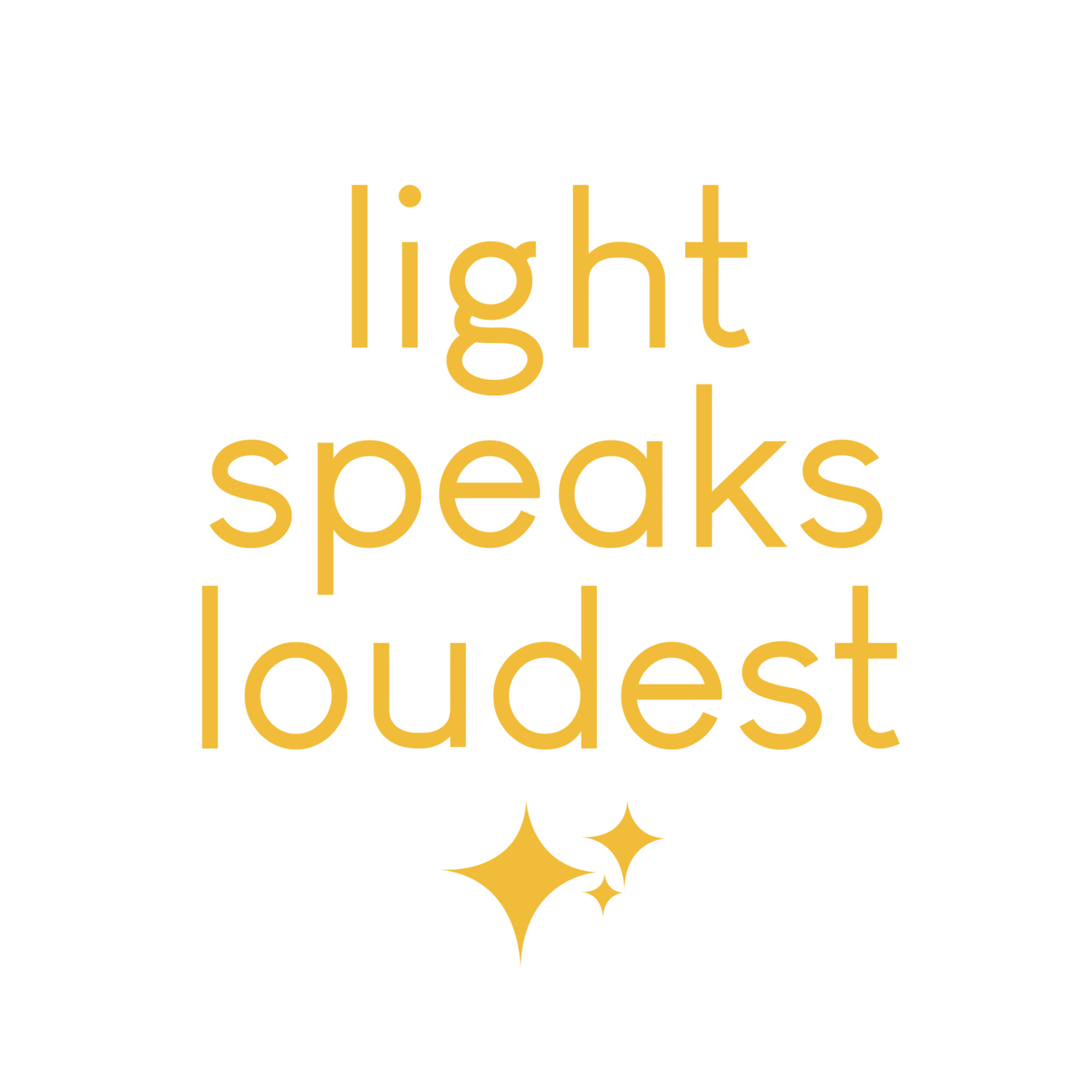The difference between sadness and depression
There seems to be a stigma in our culture around depression that has been around for many years. If you’re a teen and you’re popular, feel like you fit in with the group that seems to matter at the time and your friends think you’re cute and skinny, there really is no reason for you to feel “depressed.”
What is depression, you might ask, and how is it really different from just feelings of sadness? How is it different from when you lost your grandma, your favorite dog or cat, or when your best friend moved away?
Symptoms of depression
Depression is very different than just grieving over a loss and crying off and on for a day or two or even a week. It seems to take over your every thought throughout the day and night. It is all-consuming and begins to affect your appetite, your sleep, your ability to concentrate at school, your desire to hang out with your friends and your willingness to talk about what is really bothering you.
When some girls are depressed, their friends or family may notice they seem withdrawn and “not their normal self.” When asked if they feel depressed, they may react with anger and be defensive. They may resent people noticing these changes and then pull back and withdraw from talking to others about it.
Many teens who are depressed start to take their anger out on their own bodies by cutting themselves to get some relief from the true inner pain that they’re feeling. This forms an obsession with hurting yourself while pretending to others that you’re just fine.
This “pretend game” starts to play out in many areas of your life — at school, with teachers and friends, and at home with parents and siblings. As long as you smile and act like you feel happy, the people that see you every day start to assume you’re okay and quit asking if you really are okay. This keeps the pattern going of avoidance of true feelings and drives the feelings of anger and sadness against yourself deeper.
Depression is like a spider’s web that catches you every time you turn around; you feel stuck, trapped and worthless. You forget about the people in your life that care about you and instead focus on the negative things in your life and seek out people that feel like you do. Your school work goes downhill, your appearance starts to change as you look for ways that show you’re angry at yourself and the world around you. The temptations of alcohol and drugs are hard to resist and addictions to pain relief become overwhelming. Developing eating disorders becomes a common pattern as well.
Depression doesn't just go away on its own
You might ask, "Does this pattern of behavior automatically makes me a 'depressed person'?" Unlike feelings of sadness, depression doesn’t just go away on its own. If it lasts for over two weeks and leads to hopeless thinking and/or suicidal thoughts or behaviors, you may have major depression. This is an indication of major changes of brain chemistry and really signals the need for professional help. Help can come as you choose to let down your walls of defense and tell a trusted adult that you’re struggling.
How can I get help?
You will need to talk to a counselor at school or reach out to a trusted adult in your life or youth group. Sometimes a visit with a parent to your pediatrician or family doctor can also be helpful to rule out any physical reasons for your depression. There are many natural ways to help yourself regain balance in your mental health like:
getting regular daily exercise
challenging your negative thought patterns and replacing them with positive ones
seeking out positive, supportive activities and friends or
rebuilding healthy eating and sleeping patterns.
It may also help to do creative and artistic things to express your emotions like journaling, coloring to relieve your stress, drawing, painting or working with clay. Using your body to express your emotions in positive ways helps many relieve their stresses and the need to harm themselves. If you are still not improving, then your doctor may suggest starting an antidepressant medication to help your brain get balanced. This is usually a last choice after other therapies are tried.
To reach out and get help is to know that you are not alone in your depression and that life can and will improve.
*Editors Note*
If you're dealing with depression or suicidal thoughts, the best thing you can do is to tell someone — an adult someone. Please reach out to your doctor and/or call one of these hotlines, and know that you are loved.
_____
Jacqueline Klippenes is a licensed marriage and family therapist and certified trauma professional practicing in Castro Valley, California. She has been working in the stress management and counseling field since 1985.

